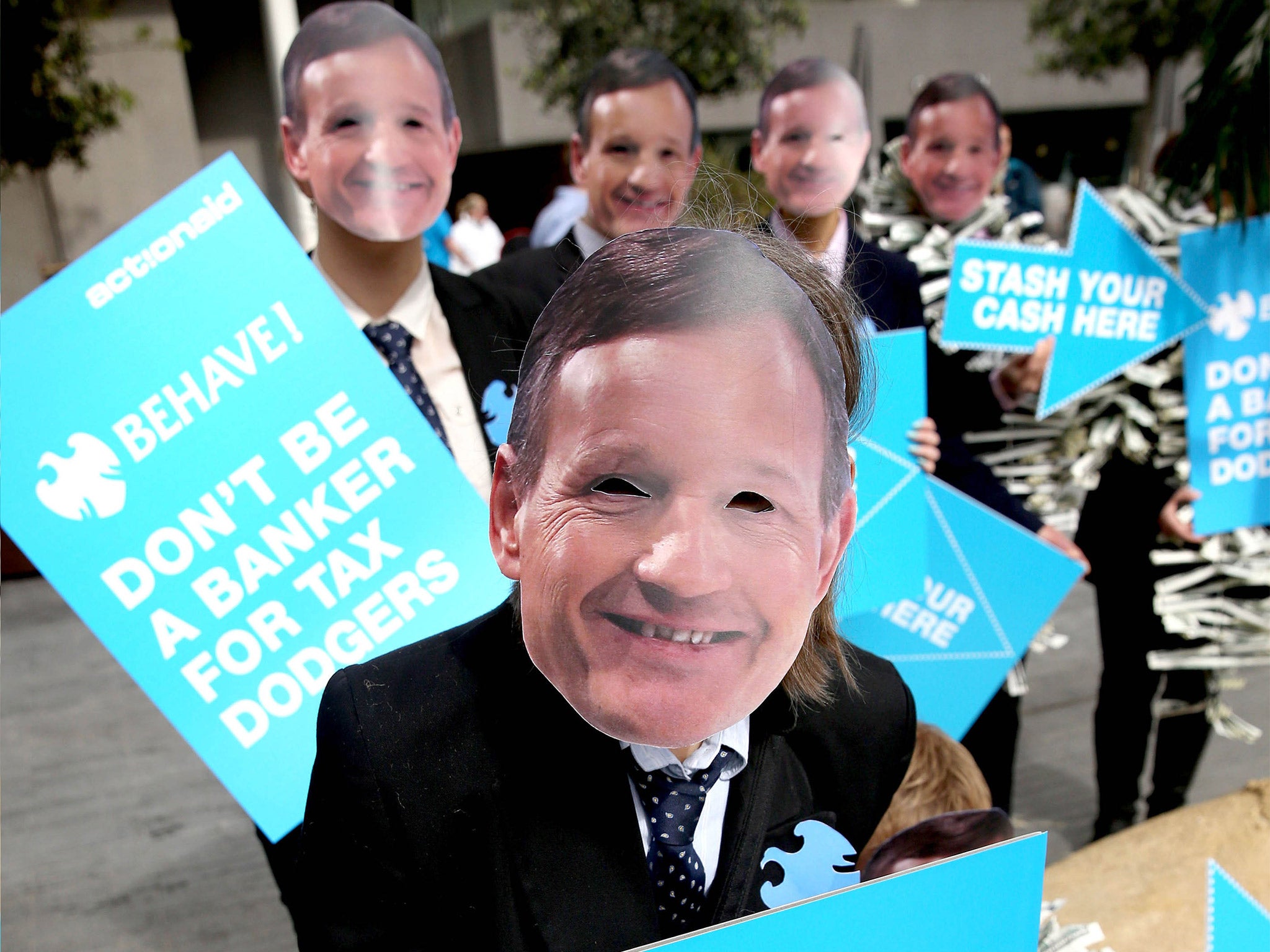Shareholder spring: where are we now?
Boardroom heads rolled when investors rose up and staged a series of pay revolts in the 2012 AGM season. Jamie Dunkley examines whether the events that rocked the City of London were game-changing or have been consigned to history

A wave of revolutionary demonstrations spread across Tunisia in December 2010 after a 26-year-old street vendor called Mohamed Bouazizi set himself on fire in protest at his treatment by police. Within weeks, the turmoil spread to other Middle East countries and months later, rulers in countries including Egypt and Libya had been overthrown.
To link this so-called “Arab Spring” to the City of London may sound ludicrous, but this is what happened a year later when a series of pay revolts by investors took place during the 2012 annual general meeting (AGM) season. Britain’s “shareholder spring” contributed to the downfall of AstraZeneca’s chief executive, David Brennan, as well as Sly Bailey of Trinity Mirror and Andrew Moss at Aviva. Others including WPP’s Sir Martin Sorrell survived but were left bloody nosed by confrontations with angry investors.
Since then, other companies, including RSA Insurance and National Express, have been hit by pay revolts. But ahead of the 2015 AGM season, just how game-changing were the events of three years ago?
Statistical evidence suggests not a lot, with the total remuneration packages of the largest 350 companies on the London Stock Exchange rising 12 per cent last year. Finance directors saw their pay increase by 9 per cent and other directors 12 per cent. Despite this, EY says that executive pay is now more closely aligned to pay awards handed out to general employees. This follows changes to the law, which mean companies are now required to disclose broad based employee pay increases, alongside executive pay.
“Shareholder activism is no longer the sole province of the US,” said Alex Tamlyn, a partner at law firm DLA Piper. “It is a movement that is becoming global. Boards must ensure that their business behaviour is clearly aligned with their company’s declared values.”
Since the shareholder spring, changes to the law now mean that companies face two investor pay votes: one binding vote on pay policy, which is forward looking and takes place every three years, and another advisory vote on pay each year, which is backward looking.
“Some companies are certainly more sensitive to public opinion than others but I think they are now generally more proactive,” said Ashley Hamilton-Claxton, corporate governance manager at Royal London Asset Management. “We’re seeing more companies consult us on pay and it’s happening earlier in the year than before, sometimes before they’ve even decided how much to pay executives. However, that doesn’t always mean they change things if we disagree.”
Already this year, shareholders seem to be baring their teeth, with RSA Insurance‘s chief executive, Stephen Hester, reportedly facing a backlash from leading investors over the company’s decision to hand him a long-term share award worth three times his £950,000 salary.
Rival insurer Aviva was also forced to water down long-term share awards handed to two of its senior executives following talks with the influential shareholder voting agency Institutional Shareholder Services. The company said that both chief executive Mark Wilson and finance director Tom Stoddard had agreed not to accept the Long Term Incentive Plans (L-Tips) handed to them earlier this year, worth a maximum £3.43m and £1.03m respectively.
Senior fund managers told The Independent that BG Group is among the companies in their sights this year, having incurred the wrath of investors for handing its incoming boss, Helg Lund, a multi-million pound “golden hello” package last year. He could walk away with up to £25m from Shell’s takeover of BG despite only joining the company in February. Others mentioned by major institutional investors include AstraZeneca, with some shareholders concerned about long-term incentives handed to senior executives, and Reckitt Benckiser for handing out “big bonuses and large pension payments”.
One area of nagging concern is the amount of fund managers actually willing to take on company boards, with the Financial Reporting Council calling for better shareholder engagement and threatening to strike off organisations currently signed up to its City stewardship code.
Ms Hamilton-Claxon added: “I think there’s a select group of fund managers that take this extremely seriously. There are the usual suspects who always ask questions.”
BP and Shell’s AGMs have already been held and now it is the turn of Barclays and then HSBC, which is likely to be controversial after the bank was caught up in a Swiss tax scandal. Next week Alliance Trust, at its AGM in Dundee, faces resolutions from its largest shareholders, Elliot Advisors, which wants to put three directors onto its board.
Will Goodhart, chief executive of the CFA Society, a body representing professional 11,000 investors, said: “Chief executive pay, measured from a range of different perspectives, still shows a low level of correlation with company performance. The journey is far from complete.”
Investor uprising: How it started
The former Royal Bank of Scotland chief executive, Stephen Hester, claimed that a row over his bonus was the “catalyst” for the shareholder spring.
Mr Hester was forced to forgo a near £1bn bonus to head off a pay revolt at the part-nationalised lender’s AGM in 2012. At the time, the Chancellor, George Osborne, described it as a “sensible and welcome” decision.
“It obviously was a catalyst... far too much of the public dialogue is negative, it’s on blaming people... that is the road to ruin,” he told ITV in May 2012. “I thought it was unfair and I still do.”
Hester was ousted from his job at RBS in 2013 and later joined RSA Insurance, where he still works.
Subscribe to Independent Premium to bookmark this article
Want to bookmark your favourite articles and stories to read or reference later? Start your Independent Premium subscription today.

Join our commenting forum
Join thought-provoking conversations, follow other Independent readers and see their replies